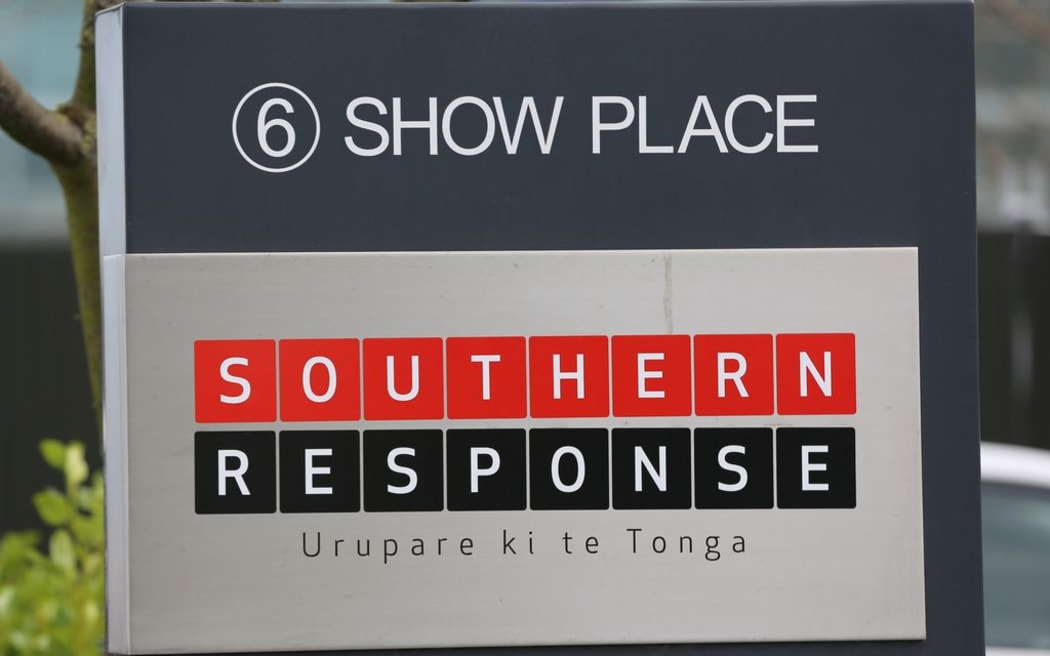Government-owned insurer Southern Response is seeking to have legal action from policy-holders hit by the Christchurch earthquake thrown out of court.

Photo: RNZ / Diego Opatowski
Southern Response is the company responsible for settling insurance claims by AMI policy holders, after AMI's sale to IAG in 2014.
In December, the High Court granted the group the right to take a class action against the company.
The Court of Appeal heard today that while 47 policy holders were involved in the case initially, several more have now settled and there are now only about 26 people involved.
At the start of today's hearing Justice Harrison raised concerns about how long the process had taken, pointing out it was now more than 6 years since the earthquake which was the catalyst for the action.
Southern Response's lawyer, Mike O'Brien QC, told the court there had to be a common issue binding all parties to a class action, but a careful analysis of the claimants' case showed there was no single issue which applied to all of them.
"Some of them [the remaining claimants] will be languishing, while issues that don't affect them get resolved. It is prejudicial to everyone and not the best way to go."
Mr O'Brien said the only issue common to everyone might be claims of delay on the part of the insurer and the group action case was reframed to reflect.
However the claimants' lawyer, Francis Cooke QC disputed that, saying all the law requires is that people have the same interest in the subject proceedings, which they did in this case.
"All claimants have had homes damaged by the same earthquake, all had essentially identical policies with the same insurer, and the insurer has adopted a group approach to managing matters arising under [those] policies."
"Now more than 6 years [later] Southern Response has failed to meet its contractual obligation to [settle] all claims professionally and promptly because it prefers an approach that minimises its financial responsibility."
In the High Court the claimants had sought a list of other Southern Response clients so they could be notified about the group claim, but that was declined.
Mr Cooke also asked the Court of Appeal to take another look at that issue.
Justice Harrison questioned why the lawyers for both parties had not been able to sit down and talk through the remaining issues, which he said would "free up a great deal of the log-jam in this litigation".
"It seems, at the moment, headway's not being made where it should be made," he said.
"And I would have thought the people who could do that most effectively are the leading counsel sitting down and working out what are truly the issues and getting some working scheme for resolution."
Mr O'Brien said Southern Response would be happy to put some of those issues to some other kind of arbiter, for example a retired Judge, as a way of getting resolution.
"[But] rightly or wrongly [Southern Response] has had the distinct impression that those involved in the case are more interested in bringing their group claim than they are in getting their individual claims resolved."
The Court has reserved its decision.


